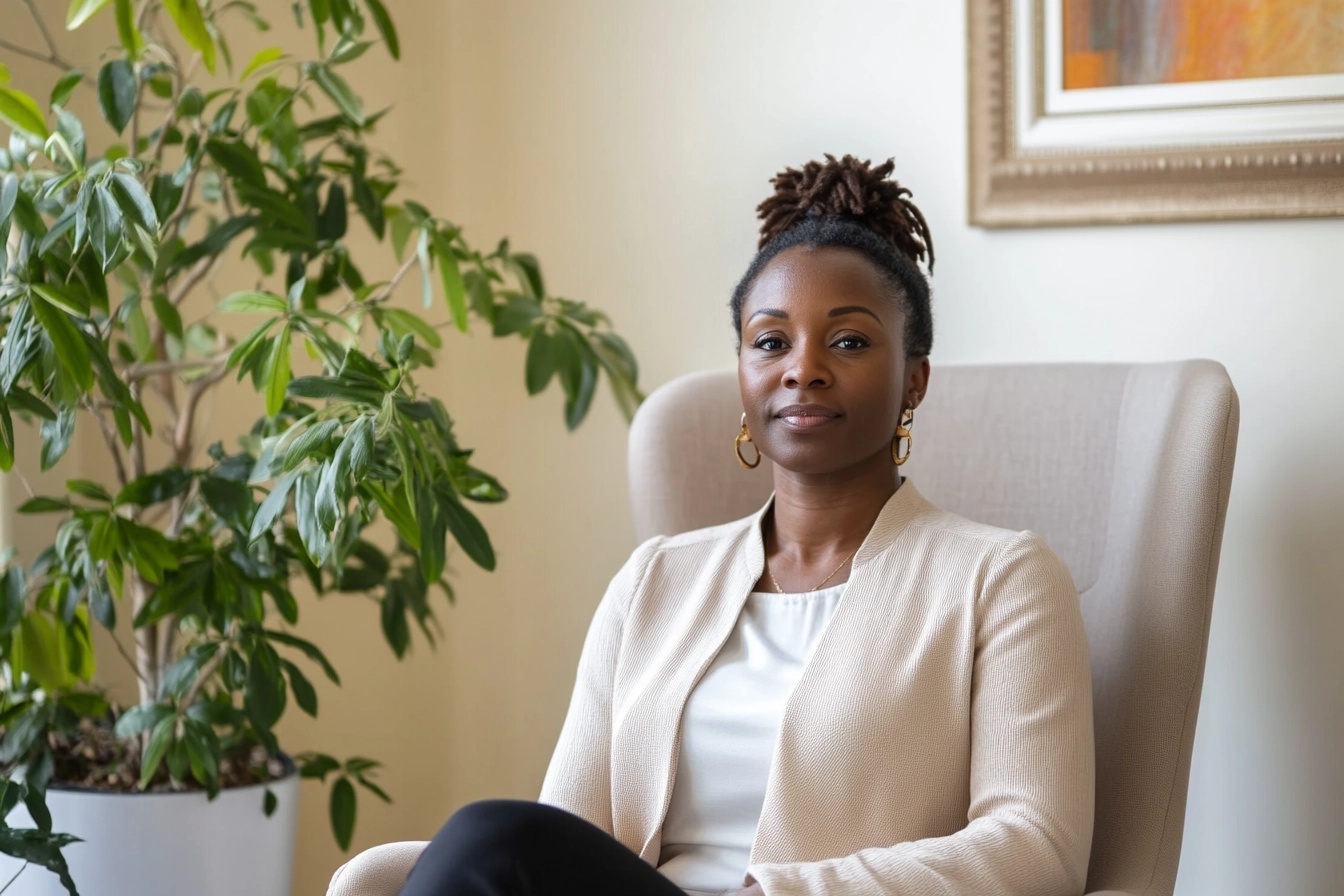Keloid scars are raised, prominent scars that occur in the skin after any type of injury. Unlike usual scars, they extend beyond the original site of injury and continue to grow, causing a swelling after the wound is healed. They can occur anywhere in the body, but most commonly, they appear on the chest, shoulders, earlobes, and cheeks.
For some people, keloid scars can feel itchy and painful. Often, the keloid scars have a different pigmentation to the surrounding skin.
Who gets keloid scars?
Keloid scars occur most commonly in people with darker skin tones. They are most common in younger people and in those with a family history of keloid scar formation.
Any type of injury can precipitate a keloid scar, including piercings, surgical wounds, or other skin trauma.
Treatment for Keloid Scars
Treating keloid scars can be challenging, and many of the treatments have a low likelihood of success. Unfortunately, there is no treatment available for keloid scars that has a 100% success rate.
The treatment that I offer for keloid scar is surgical resection immediately followed by radiotherapy. This has an 80% chance of success. I work closely with plastic surgeons with a specialist interest in the effective treatment of keloid scars. The key to successful keloid surgery is to have a clear, short, robust treatment pathway. My team strives to offer surgery and radiotherapy at a time that’s convenient for you, but also makes sure that radiotherapy is given immediately after surgery to give you the best chance of eliminating your keloid scar.
It’s not unusual for patients that are referred to me to have already tried a number of other treatments – including cryotherapy, steroid injections, laser therapy, and silicone dressings. People are often very frustrated by the lack of response to these treatments, and I’m very happy to see them in my clinic to discuss their options.
Often, when somebody comes to meet me for the first time to discuss treatment for their keloid scar, they’ve had months or even years of frustration. They may feel that their worries and concerns have not been taken seriously, or they’ve been told that there’s no effective treatment for their scar. Having a keloid scar can have a psychological impact. For some people, that impact can be debilitating and affect their confidence. I take this frustration and concern seriously. How we perceive we present to the world affects our self-confidence, self-esteem and can cause significant anxiety and self-consciousness.
I’m therefore committed to seeing you promptly and offering you treatment without delay to give you the best chance of stopping the scar returning and allowing you to get on with your life without having to worry about it any more.
What to expect if you choose to have treatment
Before we embark on your treatment journey to remove your keloid scar and prevent it from coming back, we will meet to discuss your treatment options. As keloid scars are a benign condition (keloid scars do not spread or cause serious physical effects on your body), we need to have an open and frank conversation about the risks of surgery and radiotherapy to treat your scar.
Most notably, in young patients, we need to talk about the risk of radiation in cancer induction. While this risk is small, cancers that occur as a result of radiotherapy, are serious. We’ll therefore need to weigh this risk up against the impact the keloid is having on your well-being. I will discuss the risks of treatment with you at length before we proceed with treatment. All of your appointments will be with me personally, and I’ll put aside as much time as you need to be confident in the decision that you’ve made.
When it comes to planning your radiotherapy, I will be present at your planning appointment to ensure that the radiotherapy is designed to give you the best chances of treatment success. I’ll be overseeing all of the radiotherapy treatments and arranging a personalised follow-up plan with you once the treatment is concluded.
Patient Testimonials
I had the privilege to have Dr Wilson as my consultant in treating my recent medical issue. His technical expertise is top class, but, of equal importance to me is that he has excellent communication skills, he is very easily approachable and sensitive to the patient‘s needs and makes complicated medical terms easily understood and followed by his patients. He has succeeded in having a very capable team as his assistants, which is also a significant virtue in a consultant ‘s role.
[Mrs YY]
Extremely keen and professional, clear explanations of the treatment and highly effective results.

